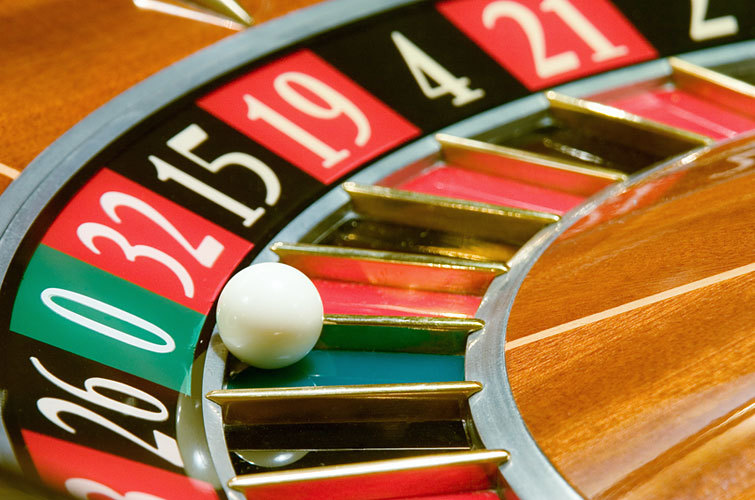It is one thing for a computer program to tell us that it has found patterns; it is quite another to translate this information into a practical and usable form. If, for example, the software is identifying patterns using hindsight, then this information has little applicability in casinos, as anyone can beat these casinos if "hindsight betting" was allowing. We asked the system to give us a reliable way of identifying these patterns so that this information would be of real use in a casino setting. After much hemming and hawing (our neural net had a mind of its own and didn't want to be limited in the number of decisions it was allowed to observe before pronouncing that a pattern was in progress), our system decided that only two decisions need to be observed for a pattern to be identified on a slightly higher than random basis.


The best daily bonuses on the internet
Our score:  (4.3 / 5)
(4.3 / 5)

Welcome Bonus
Our score:  (4.2 / 5)
(4.2 / 5)

Welcome Bonus
Our score:  (4.2 / 5)
(4.2 / 5)

Bonus Code: 400BONUS
Our score:  (4.2 / 5)
(4.2 / 5)

Bonus Code: 400BONUS
Our score:  (4.2 / 5)
(4.2 / 5)
The ability to recognize and exploit patterns gives us a powerful edge in attempting to beat these casino games. Does this mean that the laws of probability have been repealed? Of course not. What has occurred is that we have identified a situation wherein certain patterns, once they begin, are slightly more likely to continue for a limited number of decisions than pure randomness would indicate.
We will use an extreme example to illustrate this. We know that by using an unbiased pair of dice the number of pass and don't pass decisions in a craps game will approach fifty percent each if we have a large enough number of decisions. By "large", we mean hundreds of thousands or even millions of decisions. Does this mean that the pass and don't pass decisions have to be distributed evenly? It doesn't. It the course of reviewing our million or so dice decisions, we will find all kinds of unusual patterns, such as pass line decisions repeating 10, 11 or even 12 times consecutively. This is to be expected. What will surprise us is that certain patterns of dice decisions will appear at a higher rate than we would expect to find on a random basis.
Suppose that we have ten dice decisions where the color black (b) shows 50% of the time, and the color red (r) also occurs exactly 50% of the time. A purely random pattern might look like this:
b r b b r b r r b r
A less than random pattern would look like this:
b b b b b r r r r r
In each of these examples, there are five black and five red decisions. What our research has shown us is that when a non-random pattern such as the strings of consecutive passes and don't pass in the second pattern above occurs, there is a slightly greater chance that the series will continue for up to seven decisions than pure randomness would indicate.

This does not refute the laws of probability. What it does show is that certain patterns of casino decisions, such as a repeating pattern, have slightly greater durability than we would expect if such a pattern was purely random. Quite frankly, we really don't have an explanation for this. But we have confirmed that it can be exploited most profitably in the casino games of roulette, craps and baccarat.
If this sounds a little strange to you, consider the results of a seasonality study of the stock market, conducted by The Institute of Econometric Research. Their study spanned 64 years of market data and showed that the first trading day of the week (except for holidays, always a Monday) was the loser of the week. In contrast, the last trading day of the week produced the most dramatic profit.
If you had owned stocks only on the first trading day of the week for a 64-year period, you would have lost more than 99% of your investment. If you had invested $10,000 in 1927, by 1990 it would be worth a mere $50.
In contrast, if you invested only on the last trading day of the week, then your $10,000 investment made in 1927 would have mushroomed to $2.77 million by 1990.
We offer no explanation for this phenomenon either. For our purposes we really don't care why there are certain aberrations in patterns of casino decisions, or why this pattern of daily seasonality occurred in the stock market. This is not a theoretical exercise. Our purpose is to find and exploit any phenomena which will give us an additional edge in making more money.
The Neural Strategy, which I mentioned earlier, goes much beyond the introduction to patterns I presented here. Using simple ways to identify patterns, a very powerful betting strategy was developed for the games of craps, roulette and baccarat. I have not found a more consistent way of selecting "evenmoney" bets at roulette until now.